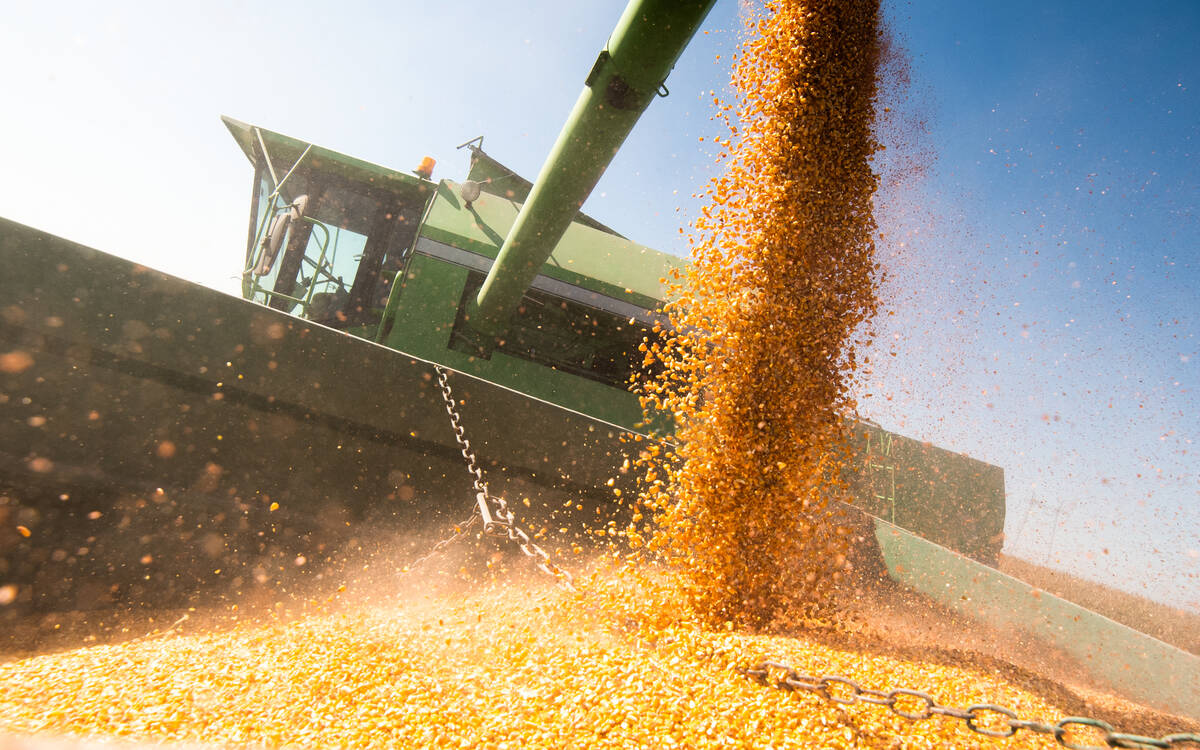Changes to federal tax law that were meant to block “multiplication” of the small business deduction for corporations won’t apply to farmers’ sales to co-operatives.
The federal government on Friday released draft amendments to the Income Tax Act, which would allow qualifying farmers and fishers selling to agricultural and fisheries co-operatives to be eligible for the small business deduction on income from those sales.
The small business deduction cuts the rate of corporate income tax from 15 per cent to 10.5 per cent on the first $500,000 of business income earned by a Canadian-controlled private corporation.
Read Also

U.S. farm income set to fall in 2026 despite surge in government payments
The U.S. Agriculture Department forecast on Thursday that U.S. net farm income would fall 0.7 per cent this year.
Changes made to the small business deduction in the 2016 budget affected the rules around “specified corporate income,” preventing a corporation from applying income to the small business deduction if the income comes from sales to a company in which the corporation, or one of its shareholders, has a direct or indirect interest.
The 2016 changes were meant to “address concerns about partnership and corporate structures that multiply access to the small business deduction.”
The amendments announced Friday, however, are meant to make sure the rules don’t “inappropriately deny access” to the small business deduction for a farmer’s or fisher’s corporation selling farming products or fishing catches to an arm’s-length agricultural or fisheries co-operative.
The new amendments, which were released in draft form for public comment, would apply for taxation years that begin after March 21, 2016.
The amendments set up a new definition, “specified co-operative income,” under which certain income from sales to farming or fishing co-ops is excluded from “specified corporate income,” so such sales income will still be eligible for the small business deduction.
“Specified co-operative income” will have to come from sales of farming products or fishing catches of a corporation’s farming or fishing business.
These sales must also be made to a co-operative — or a business in which the co-operative has a direct or indirect interest — that qualifies as a “purchasing corporation.”
However, patronage dividends paid out by a co-operative wouldn’t count as income from the sale of the farming products or fishing catches of the corporation, and wouldn’t qualify as “specified co-operative income.”
“This is in keeping with the principle that a single business, including a co-operative business, is entitled to one business limit only,” the government said in explanatory notes on the proposed rule. — AGCanada.com Network















